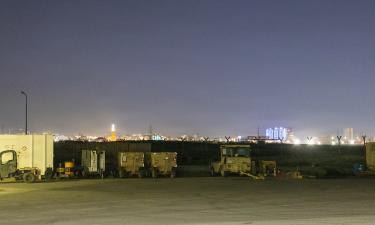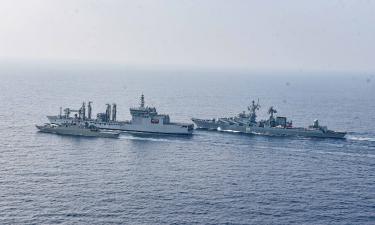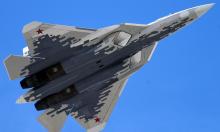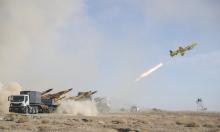Montenegro on brink of independence
The supporters of independence for Montenegro have been victorious in the referendum which took place in the country on Sunday. The head of the Electoral Commission Frantisek Lipka reported this to journalists in Podgorica on Monday. According to the official provisional results, 55.4% of citizens voted for Montenegro to secede from Serbia. At least 55% of participants in the referendum had to vote in favour, in order for Montenegro to be accepted as independent.
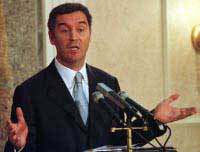
Montenegro’s Prime Minister Milo Djukanovic, the leader of the political bloc in favour of independence, announced the victory of his adherents, who according to his information had accumulated 55.5% of the votes, almost immediately after the completion of the plebiscite. “Montenegro’s independence has been restored,” he emphasized when addressing his supporters. “We have 45 thousand votes more than our opponents,” he added. On the streets of the country’s capital Podgorica, Niksic, Cetine and several other cities, thousands of supporters of Montenegro’s secession from Serbia continued to exuberantly celebrate their victory throughout the whole night.
At the same time the leader of the bloc in favour of maintaining unity with Serbia Predrag Bulatovic announced that, according to data obtained by his bloc, “in the referendum the supporters of continued unity of the two countries and peoples are leading”. He appealed for Montenegrins to show “calm and tolerance”. “Until the official declaration of the results of the referendum it is too early for anyone to celebrate victory,” remarked Bulatovic.
The official results of the vote are expected to be announced at 21.00 local time (23.00 in Moscow) on Monday by the Electoral Commission. 484 thousand citizens of the republic had the right to vote, and more than 86% of them made use of this right.
“Montenegro’s independence is a step towards building relations with our Serbian brothers on healthy foundations,” thinks Montengro’s Prime Minister Milo Djukanovic. He said this in an interview published on Monday by the newspaper Kommersant. Commenting on the reasons which have impelled Montenegro to raise the question of secession from Serbia, the prime minister said: “In short, so that we can shape our own destiny and no longer depend on decisions taken by someone else. After the collapse of the Socialist Federal Republic of Yugoslavia Montenegro tried out creating a new joint state with Serbia. However, experience has shown that an equal union of two republics, one of which is 15 times larger than the other, is unrealistic. Serbia and Montenegro are too different from each other to successfully develop in one state. We have different currencies, tax systems, customs bureaus. Both republics have their own police force and security service. The union of Serbia and Montenegro, established in 2002, essentially only exists on paper. And nevertheless in some questions Montenegro ends up being held hostage by Belgrade – for example, because of Serbia’s refusal to hand over Ratko Mladic to the Hague tribunal, the European Union punished both Serbia and Montenegro”.
At the same time Milo Djukanovic thinks that “it is better even for brothers both to live in their own separate house. Furthermore, before the referendum even took place, Montenegro’s government made a special declaration, guaranteeing the same rights for Serbian citizens as Montengrin citizens have, apart from the right to vote”.
The Montenegrin prime minister had the following to say in answer to the question of how Montenegro’s future independence will affect relations with Russia: “Nothing abnormal will happen in relations with our Russian friends. And in building relations with the union of Serbia and Montenegro, Moscow has established intense contacts with both Belgrade and Podgorica. Russian capital is playing an active role in Montenegrin privatization. The number of Russian tourists in Montenegro is growing rapidly – this year they are expected to number about 80 thousand. We have abolished visas both for Russians and EU citizens. High level political dialogue is also taking place, which is shown by Russian Foreign Minister Sergey Lavrov’s recent visit to us, and my meeting in the Kremlin with President Vladimir Putin. In a word, Russia has been, is and always will be one of Montenegro’s key partners.”
Source: Strana
Translated by James Platt
Subscribe to Pravda.Ru Telegram channel, Facebook, RSS!
